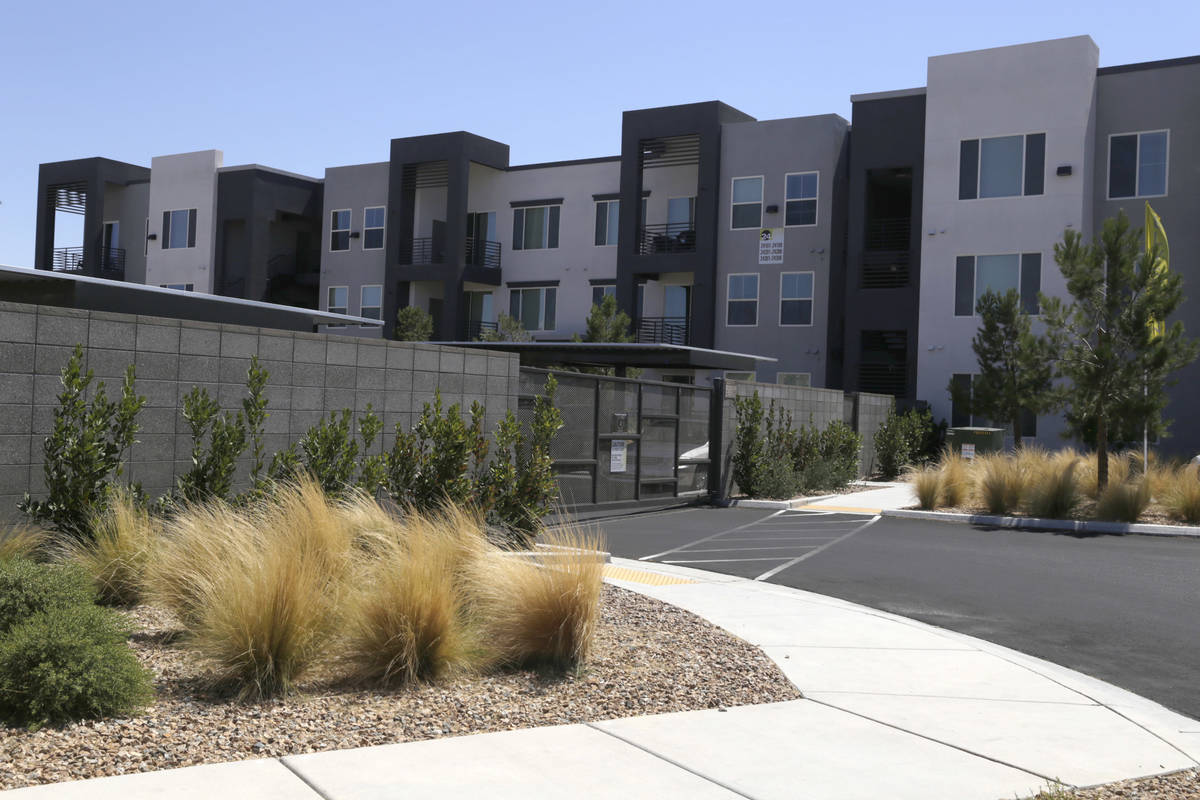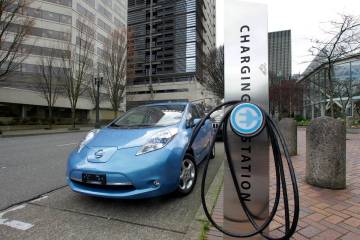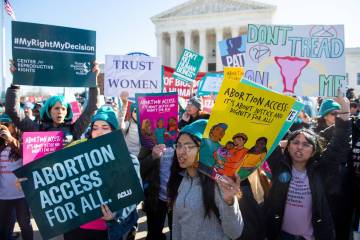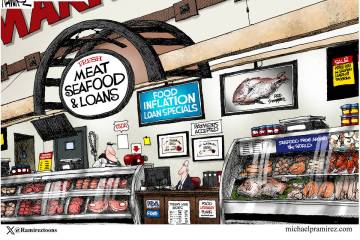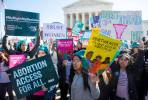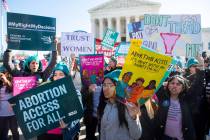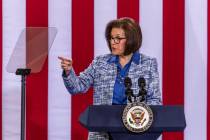COMMENTARY: Congress must ensure Nevadans can stay in their homes
At a time when our collective health depends on people’s ability to stay at home, it has never been clearer that housing is health care. Without emergency rental assistance, our community may experience a rise in homelessness or a rise in families doubling up in cramped quarters. Overcrowding of households, sleeping in congregate shelters and living outside under the elements all lead to increased infections. Lives are at risk.
The economic fallout of the coronavirus pandemic threatens to significantly exacerbate housing instability and homelessness throughout the United States and Nevada, which remains one of the hardest-hit states. Safe, secure and affordable shelter is essential to surviving the pandemic and our ultimate recovery. No one state can do this alone. Congress must take bold action to help people already struggling to make ends meet by including emergency rental assistance in the next coronavirus-response package.
Housing affordability, particularly for renters, was already a challenge in Nevada, where nearly half of renters (47 percent) or about 220,000 households pay more than the federal affordability standard (30 percent of their income) for rent. This means that even before the onset of COVID-19, nearly half of Nevada renters were likely one economic setback away from losing their home.
The Guinn Center recently estimated that up to 327,000 renters in Nevada may be at risk of eviction when the state eviction moratorium is lifted at the end of August and that this number may continue to rise absent significant assistance. These projections do not include homeowners who may be facing foreclosures.
Additionally, historical data reveals that after the Great Recession, evictions increased even as unemployment declined and they continued to increase several years following the recession. This lagged effect suggests that decision-makers must craft policies and measures that provide immediate relief and also address long-term needs.
Just as the coronavirus has disproportionately affected more vulnerable populations, we also know that the impacts of housing instability will not be felt evenly: African Americans, Latinos, low-income individuals, undocumented immigrants, those unable to access unemployment benefits and those who were already housing cost burdened before the pandemic will be affected.
The CARES Act, passed by Congress in March, was an important first step in providing immediate relief, but it provided limited rental assistance. The National Low Income Housing Coalition estimates that between $845 million and $1.2 billion in emergency rental assistance is needed in Nevada to keep families stably housed from May 2020 through June 2021. At least $100 billion is needed nationally.
Research reveals that income supports provided by the CARES Act have contributed to help stabilize housing for many Americans. A recent analysis by Enterprise Community Partners found that 81 percent of renters used their stimulus funds to pay for rent. With the expiration of the unemployment insurance benefits, some of our hardest hit workers in Nevada will not be able to make their rental and/or mortgage payments.
In a recent national public opinion poll by Opportunity Starts at Home, nearly 80 percent of the public believes it is very or fairly important for government to provide assistance to help people cover their housing costs during the COVID-19 outbreak. In Nevada, our elected leaders and housing stakeholders have worked together to provide temporary relief throughout the state by issuing Emergency Directive 025, which provides an extension of the moratorium on evictions and foreclosures, and the commitment of CARES Act funding, including our coronavirus relief funds, to stand up a substantial emergency rental assistance program. However, our political leaders and congressional delegates must continue to prioritize housing in Nevada’s fight and recovery.
For far too long, Congress has underfunded critical, income-targeted programs such as the national Housing Trust Fund, Housing Choice Vouchers, and programs to repair public housing, thereby exacerbating the nation’s affordable housing crisis. Our national leaders must act now to mitigate the economic shock millions of Americans are currently facing due to coronavirus. This is not just an economic necessity, but a health imperative. We must protect those who are most at risk during this pandemic.
Christine Hess is executive director of the Nevada Housing Coalition. Nancy Brune is executive director of the Guinn Center.



